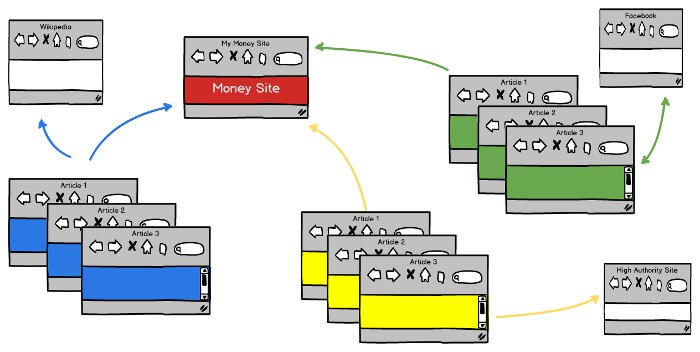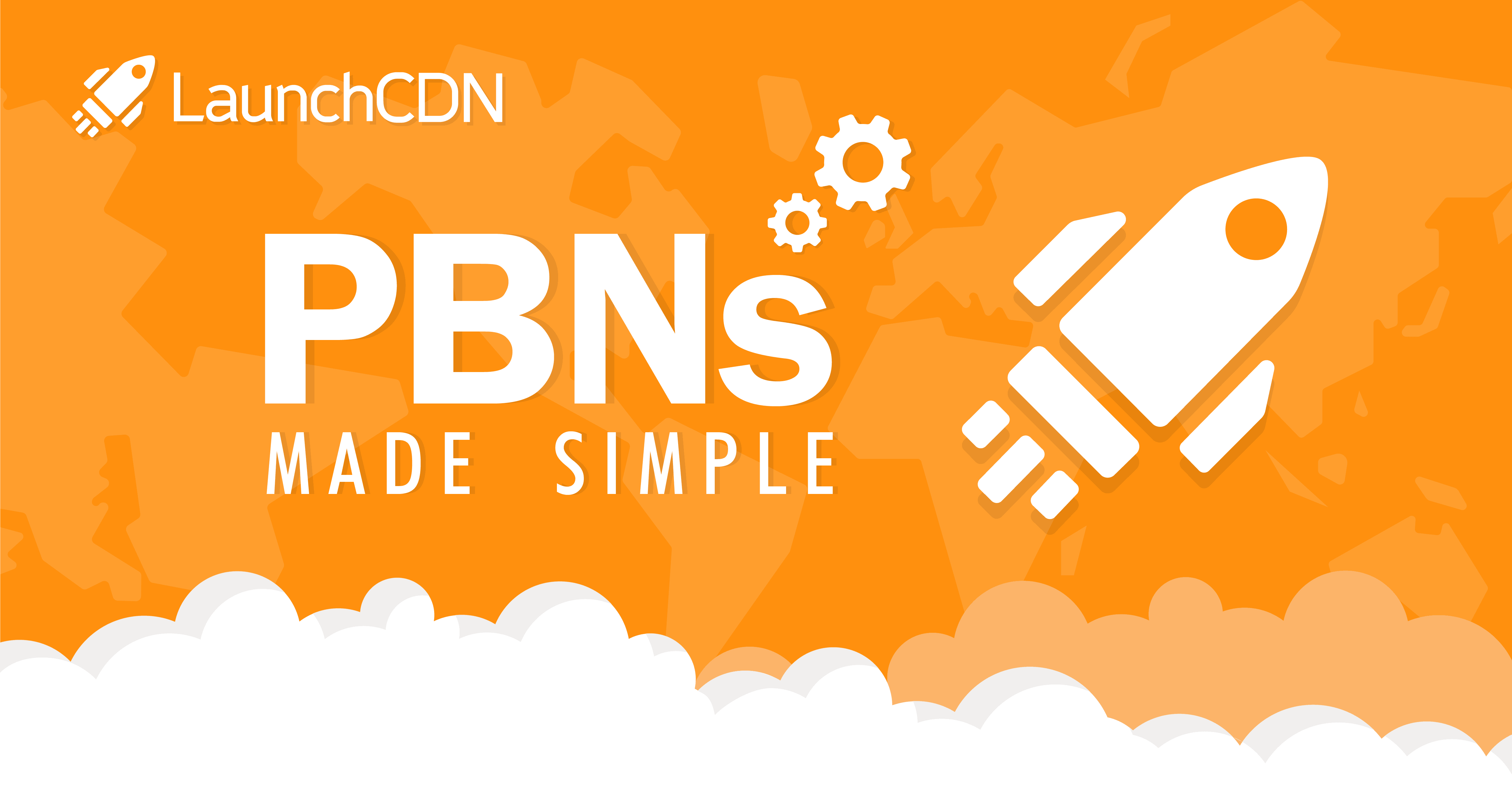All Categories
Featured
Table of Contents
- – Semantic Content Optimization
- – What Is The Most Reliable Semantic Seo Audits?
- – Who Is The Premier Nlp For Semantic Seo Company
- – Who Makes The Top Semantic Seo Tools
- – What Is The Most Popular Semantic Seo Tutori...
- – How To Buy The Top Semantic Search And Seo
- – Which Is The Most Trusted Semantic Seo Insig...
The web is altering, ending up being increasingly more semantic. Search engine optimization is also altering and ending up being extra semantic. This is because internet search engine have actually evolved and are relocating increasingly more in the direction of reviewing material online. Obviously, that has likewise changed the means we develop material, especially if we wish to place better in the search engines.
Intertwingularity is not typically acknowledged, individuals maintain pretending they can make things deeply hierarchical, categorizable and consecutive when they can't. Based on the partnerships in between search objectives, the search engine favors a content in positioning by calculating the range between the vectors of meaning.
It permits you to see, starting from a subject, all the entities that are associated to that subject. By doing this you can clearly see which entities/concepts/ideas have currently been covered on your internet site, and you can discover new chances by understanding what web content you can add and just how to create it.
Semantic Content Optimization
It has the ability to make your content reasonable for online search engine on the one hand and for your audience on the various other. Structuring your web content version highlights your material and its hidden partnerships to make sure that search engines can identify you among hundreds of pieces of information, making you more visible to users that meet the search intent related to your company.
In semantic SEO copywriting, an editor begins with a wider range of topics and tailors the content to include semantically appropriate terms and expressions that assist readers understand a subject, comparable to reviewing material in a wiki. From a content composing viewpoint, one useful method to do this is to create a vocabulary of terms and inquiries surrounding your target subject.
What Is The Most Reliable Semantic Seo Audits?
Discover more about by watching the by!.

Semantic search refers to the procedure of just how search engines comprehend and match key words to a searcher's intent in organic search results page. Prior to semantic search, search engines like Google ran like matchmakersaligning specific words in your inquiry with those exact words on pages. The results were uncomplicated but usually lacked deepness.
Who Is The Premier Nlp For Semantic Seo Company
It makes it possible for Google to use quick, precise responses to look inquiries about real-world topics. When you kind a question word into Google, you're not just entering a sequence of words.
When you search for "Apple," Google does not just see a word that explains a fruit. It recognizes Apple as a business and can provide related information. It was Google's solution to the increase of voice searches, where queries became much more conversational and nuanced.
Who Makes The Top Semantic Seo Tools
By incorporating NLP, Hummingbird permitted Google to move beyond plain keyword matching. It assisted the internet search engine comprehend search intent, raising the probabilities that results would precisely match the factor behind an individual's search. As the third crucial ranking element after material and links, RankBrain has actually enhanced Google's semantic search capabilities to recognize the definition of search queries.
Making it much more reliable at handling never-before-seen search queries. RankBrain thinks about even more than just keywords when assessing a search query.
So it fetches results that match the search phrases and straighten with the general intent of supplying puppy training guidance. And if the user often looks for dog-related web content, Google could focus on more detailed training guidesrecognizing the customer's recurring rate of interest in the topic. Integrating innovations like the Knowledge Chart, Hummingbird, and RankBrain, semantic search assists the Google algorithm interpret and link information throughout a substantial web of info.
What Is The Most Popular Semantic Seo Tutorials Deal Right Now
The emphasis shifts from keyword choice to a holistic approach incorporating user intent, topical significance, and total individual experience. Developing material that deals with the searcher's demands with extensive info can boost your SERP rankings. Listed below, we describe the patterns and techniques that settle the need for semantically informed material. Later, we offer actionable suggestions to turn these insights right into ideal techniques.
And kind of material can best satisfy their needs. A broader strategy to material aligns much better with semantic search's shift away from specific keyword matching and towards individual intent. Which discusses the increased concentrate on topic clusters, as opposed to specific key phrases. Content that covers search queries more extensively not just pleases customers.
And five times more than sites that take 10 secs to tons. While technical search engine optimization makes certain ideal site efficiency and ease of access, concentrating on user experience (UX) takes it a step additionally. UX aims to develop a visually attractive, easy to use interface with interesting, top quality content that encourages visitors to remain. Semantic search innovation enables internet search engine to go for outcomes that provide the ideal possible UX.
How To Buy The Top Semantic Search And Seo

All showcase Google's capability to resolve a topic query adequately. By recognizing the context and intent behind user questions, online search engine can deliver more relevant information and potentially raise user interaction. Customization in search results page makes for far better UX.Based on your previous search background and preferences as a user, semantic search aids browse engines tailor the results to suit your distinct needs and interests.
It brings results that match the search phrases and line up with the general intent of supplying young puppy training recommendations. And if the user regularly searches for dog-related content, Google might prioritize a lot more thorough training guidesrecognizing the user's ongoing interest in the topic. Incorporating innovations like the Expertise Chart, Hummingbird, and RankBrain, semantic search helps the Google algorithm analyze and connect information throughout a huge web of details.
Which Is The Most Trusted Semantic Seo Insights Provider
The focus shifts from keyword choice to an alternative approach encompassing user intent, topical importance, and general user experience. Producing material that attends to the searcher's needs with comprehensive details can enhance your SERP positions.

And sort of material can best please their needs. A wider technique to material aligns much better with semantic search's shift away from precise keyword matching and towards customer intent. Which discusses the raised focus on subject collections, instead of specific key phrases. Material that covers search inquiries much more completely not only satisfies individuals.
UX intends to develop a visually enticing, user-friendly interface with appealing, high quality web content that urges visitors to remain. Semantic search technology allows search engines to aim for outcomes that offer the ideal possible UX.
All display Google's capability to address a subject question comprehensively. By recognizing the context and intent behind individual queries, internet search engine can deliver much more relevant information and possibly increase customer engagement. Personalization in search results produces much better UX.Based on your past search history and preferences as an individual, semantic search assists search engines tailor the results to fit your distinct demands and interests.
Table of Contents
- – Semantic Content Optimization
- – What Is The Most Reliable Semantic Seo Audits?
- – Who Is The Premier Nlp For Semantic Seo Company
- – Who Makes The Top Semantic Seo Tools
- – What Is The Most Popular Semantic Seo Tutori...
- – How To Buy The Top Semantic Search And Seo
- – Which Is The Most Trusted Semantic Seo Insig...
Latest Posts
What Is The Most Popular Semantic Seo Strategies Deal Right Now
Which Is The Leading Semantic Keywords Plan
What Is The Leading Semantic Seo Insights Service
More
Latest Posts
What Is The Most Popular Semantic Seo Strategies Deal Right Now
Which Is The Leading Semantic Keywords Plan
What Is The Leading Semantic Seo Insights Service